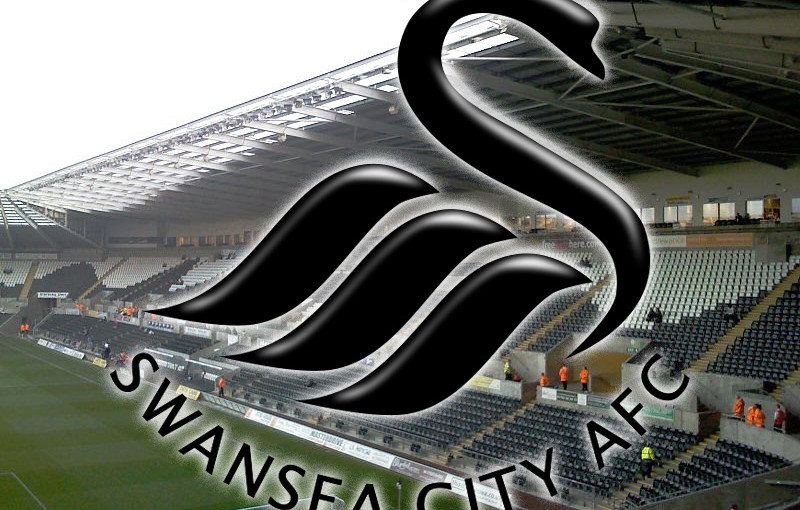By David Owen
December 30 – Wilfried Bony and Ben Davies ensured that Swansea City stayed in the black in 2014-15, in spite of a pronounced increase in costs. Transfer fees agreed on their departures for Manchester City and Tottenham Hotspur respectively were enough to convert an operating loss into a pre-tax profit of £1.7 million compared with £1.3 million in 2013-14.
Rising costs were the big issue for the struggling Premier League club, whose failure adequately to replace Bony’s eye for goal has seen them slide to 17th position at the halfway point of the current season, just one place above the relegation zone.
Operating costs reached £120.8 million against £97.4 million the previous year, an increase of more than 20%. This at a time when turnover edged up only from £98.7 million to £103.9 million, in spite of the club’s achievement in 2014-15 of amassing its highest-ever Premier League points haul.
Wages and salaries advanced almost 30% to £72.9 million. It should be noted, however, that the 2014-15 accounting period ran for 14 months, owing to a decision to change the financial year-end from May to July 31.
The profit on player disposals reached £18.7 million. By my calculations, the Bony deal last January should have produced a book gain of at least £15 million. On the other side of the coin, the Wales-based club also brought several players in; a note in the accounts reveals that signing-on fees of more than £19 million will fall due to “certain players” if they are still “in the service of the company on specific future dates”. As at 31 May 2014, the equivalent sum was little more than £2 million.
The accounts also show that overdrafts rose from almost nothing to £15.2 million over the course of the 14 months, with “other loans” going from zero to £8 million.
Noting that the principal risks and uncertainties confronting the club “have not changed”, the report elaborates: “The major risk continues to be relegation from The Barclays Premier League and the adverse effect it would have on liquidity, operational activity and our ability to realise future plans.”
No-one would argue with any of that. The trouble is that when you are 17th in the table, such language ceases to sound like the sort of largely pro forma statement you might find in any set of accounts and acquires a certain resonance.
Contact the writer of this story at moc.l1745175395labto1745175395ofdlr1745175395owedi1745175395sni@n1745175395ewo.d1745175395ivad1745175395

